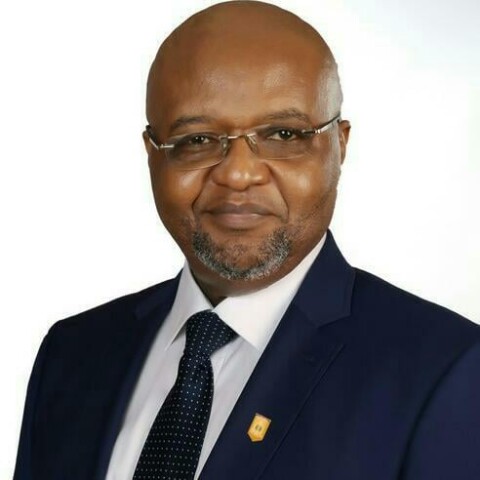The Nigerian Education Loan Fund (NELFUND) has reaffirmed President Bola Tinubu’s unwavering commitment to the long-term sustainability of the interest-free student loan scheme for Nigerian students in tertiary institutions and those seeking to further their education.
Managing Director and Chief Executive Officer of NELFUND, Mr. Akintunde Sawyerr, made this known during the agency’s maiden media engagement in Abuja. He described the scheme as a transformational initiative by President Tinubu to leave behind an enduring legacy that would benefit generations of unborn children. According to him, the President is determined to ensure the programme launches successfully, operates effectively, and remains a pillar of national development.
Mr. Sawyerr urged Nigerians to rally behind the scheme regardless of political or ideological affiliations, noting that such support would help create a sustainable pathway for inclusive growth. He stressed that the student loan scheme must transcend politics and be embraced as a unifying national solution to Nigeria’s education and development challenges.
He further appealed to private sector organisations, philanthropists, and other patriotic Nigerians to partner with NELFUND in sustaining the scheme, adding that the government alone cannot shoulder the financial demands of such a significant project.
In a bid to maintain transparency and build public trust, Mr. Sawyerr assured journalists that NELFUND is run on the principles of accountability, ethical leadership, and corporate integrity. He encouraged the media to expose any fraudulent practices, while warning against the spread of unverified claims that could undermine public confidence in the scheme. He also disclosed that loan data is published daily on NELFUND’s website, a deliberate move to keep the public and prospective donors informed on how resources are being deployed.
Mr. Sawyerr revealed that NELFUND’s coverage now includes students enrolled in technical and vocational training institutions. This expansion aligns with the Federal Government’s renewed focus on boosting employability and skills acquisition. In collaboration with the Federal Ministry of Education, the National Board for Technical Education (NBTE), and the National Board for Business and Technical Education (NBBTE), NELFUND is working on new skills programmes to accelerate the training of technical and vocational personnel essential for national growth.
The Executive Director for Finance and Administration at NELFUND, Dr. Oluwafemi Akinfala, announced plans to launch a centralised job portal by 2026 to connect loan beneficiaries with job opportunities in both the private and public sectors, within Nigeria and abroad. Mr. Sawyerr added that this portal is part of a broader support strategy aimed at helping students achieve economic stability after graduation.
Addressing concerns over loan repayment, Mr. Sawyerr clarified that graduates who remain unemployed two years after completing their NYSC programme are not required to begin repayment. However, they must submit a sworn affidavit every three months to update their employment status. Once employed, repayment will begin with a 10 per cent deduction from their salary. In the event of job loss, repayment stops, and in cases of permanent disability or death, the loan is written off entirely.
Providing insight into the programme’s impact, Mr. Sawyerr disclosed that since its launch on May 24, 2024, NELFUND has disbursed over N77 billion to 396,252 students across 210 tertiary institutions nationwide. This includes more than N41.7 billion for tuition fees and N35.3 billion as upkeep allowance. As of now, 675,212 students have registered on the platform, with 645,692 successfully submitting their applications.
He reiterated that the student loan scheme is interest-free and designed with flexible repayment terms. He encouraged all eligible students in federal and state-owned tertiary institutions, including polytechnics, monotechnics, colleges of education, and specialised institutions, to take advantage of the opportunity to fund their education without financial strain.





